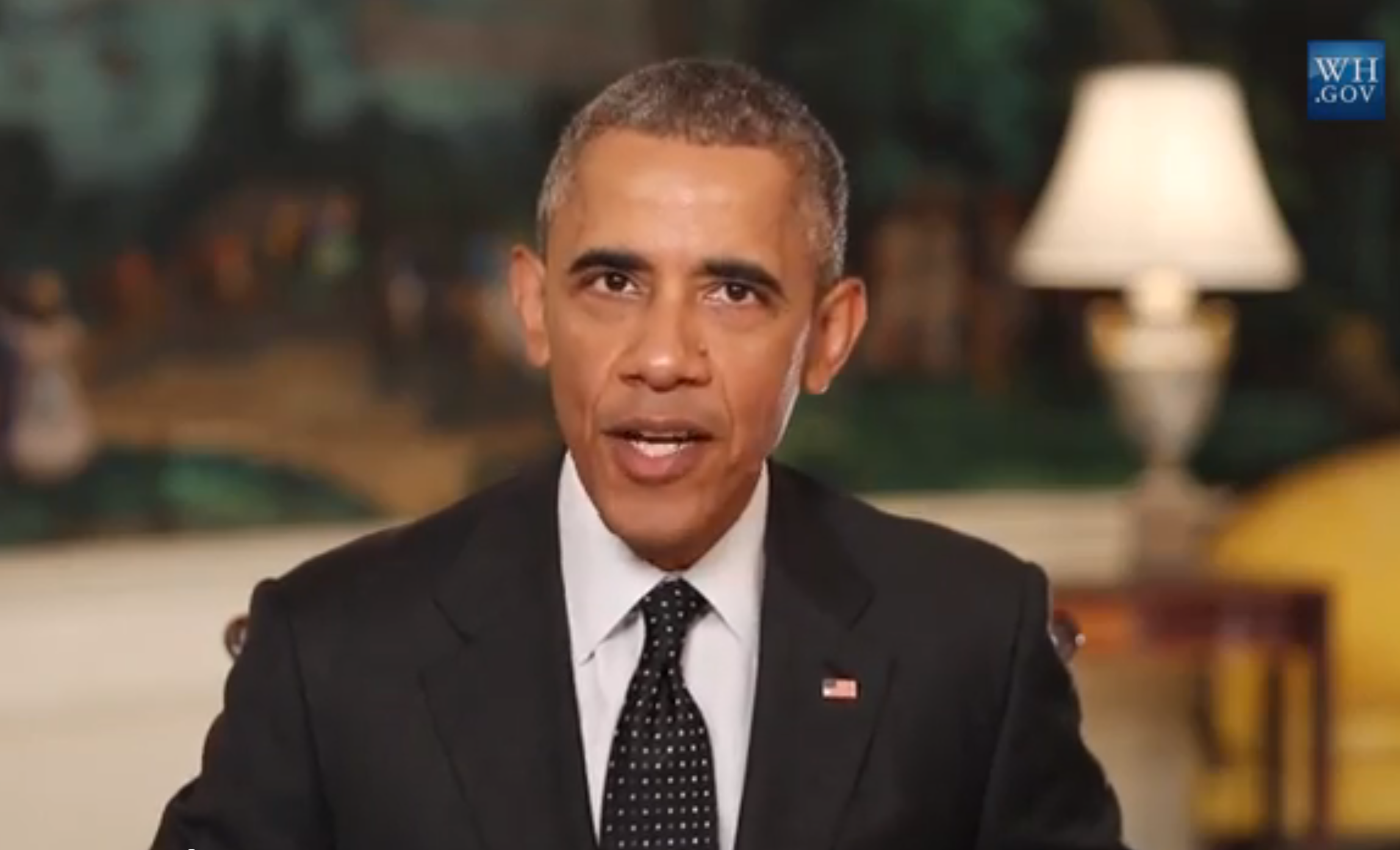
President Obama has signed a bill that removes the words “Oriental,” “Eskimo” and “Aleut” from two federal programs. The Alaskan terms, though, live on in other U.S. laws.
Contrary to some accounts in social media, the new law doesn’t make the terms illegal and no one is barred from using them.
The bill’s sponsor, Rep. Grace Meng, D-N.Y., says she wanted to erase from U.S. code the last two instances of the term “Oriental” because, she says, times have changed and many Americans of Asian descent find the word offensive.

“In the same way I wouldn’t want either of my children to be referred to as ‘Orientals’ by their teachers at school, I hope we can agree that such terms no longer deserve a place in federal law,” said said on the floor of the U.S. House.
Her bill revises the names of ethnic groups in two programs, both in the Energy Department, that date from the 1970s. Instead of “Negro,” “Oriental,” “Eskimo” and “Aleut,” those laws will now refer to African Americans, Asian Americans and Alaska Natives.
Many Asian Americans object to being called “Oriental,” saying the word emphasizes exoticism and was used to exclude.

“Eskimo” and “Aleut,” are less controversial. Some Alaskans prefer more indigenous or more specific terms, like Yup’ik or Unangan. “Eskimo,” in particular, strikes an off-note with many younger Native people. But others embrace the words first applied by Russian and American settlers, which also appear in the names of Native organizations, like the Nome Eskimo Community and the Aleut Corporation. The words “Eskimo” and “Aleut” remain part of the logo of the Alaska Federation of Natives.
Both “Eskimo” and “Aleut” are still used about 100 times in other federal statutes, dealing with everything from art grants to fur seal management. “Negro” also still appears in a few federal statutes, in a historical context. “Aleut” is more prevalent in federal law, due in large part to a 1988 statute granting compensation for the internment of Aleuts during World War II.
Congressman Don Young’s spokesman, Matt Shuckerow, says Young uses the term “Alaska Native” in bills and amendments. Updating the names in older laws can help with legislative consistency, Shuckerow says, adding the Young respects the choices of individual Natives and Native organizations to choose their own terms of identification.
Liz Ruskin is the Washington, D.C., correspondent at Alaska Public Media. Reach her at lruskin@alaskapublic.org. Read more about Liz here.





